Table of Contents[Hide][Show]
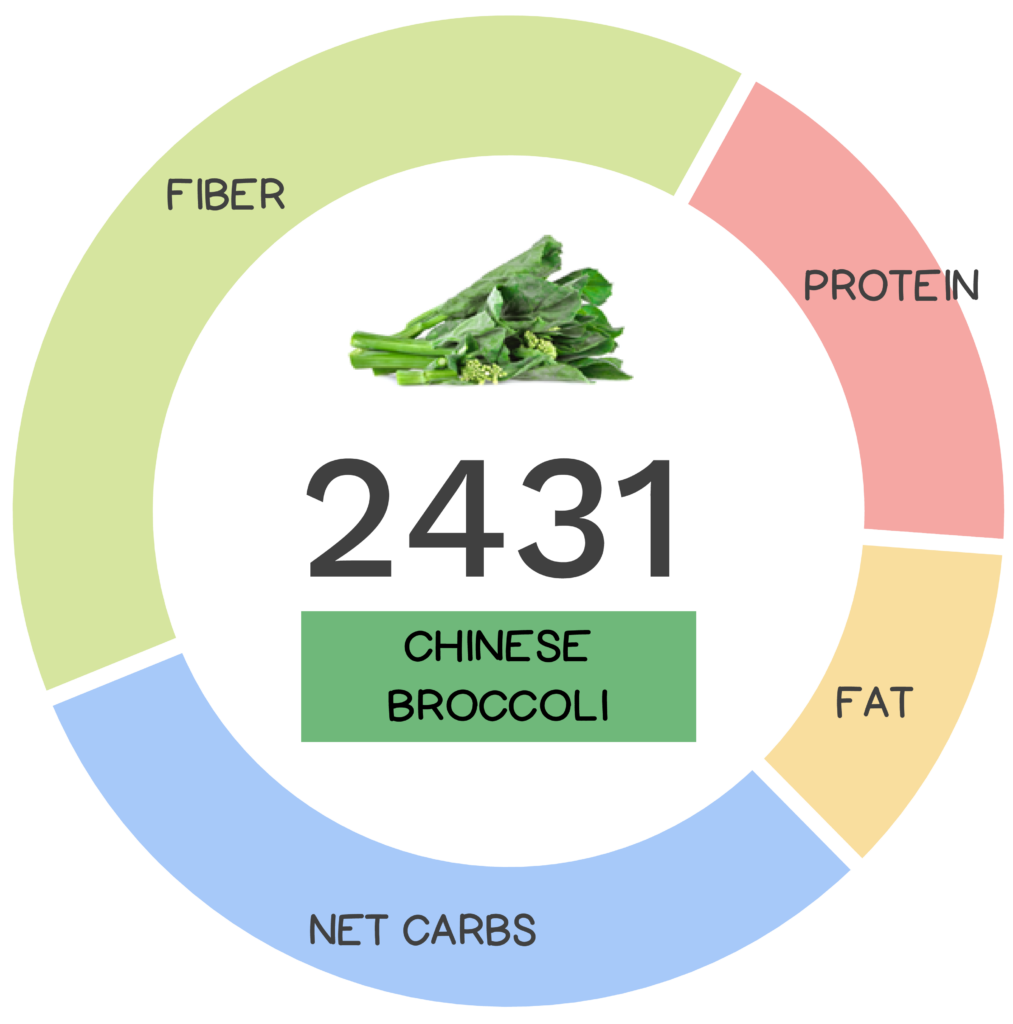
Not to be confused with broccoli rabe (aka rapini), which looks like a leafy broccoli but is more closely related to turnip, broccolini (which is a hybrid between broccoli and gai lan), or its namesake, broccoli, Chinese broccoli is a leafy cruciferous vegetable that stands out on its own merits. A staple of Asian cuisine, this veggie is known by many different names in addition to Chinese broccoli, including gai lan, kai-lan, Chinese kale and for those of us who are science nerds, Brassica oleracea var. alboglabra.
Chinese broccoli is also known as gai lan, kai-lan, and Chinese kale.
That’s right, Chinese broccoli, is a member of the Brassicaceae (aka cruciferous) vegetable family. In fact, broccoli, Brussels sprouts, cabbage, kale, kohlrabi, Savoy cabbage, collard greens, and gai lan are all cultivars of the exact same species – Brassica oleracea! All members of the family descended from wild cabbage with the original species evolving over thousands of years into cultivars with different characteristics enjoyed as diverse veggies today. For instance, cultivars with large heads became cabbage, those with large leaves – kale, while others with large tender flowering heads are now known as cauliflower. Surprisingly, this means that gai lan is less closely related to other Asian greens such as bok choy, napa cabbage, and rapini, which are all cultivars of the Brassica rapa species, which also includes turnips.
Broccoli, Brussels sprouts, cabbage, kale, kohlrabi, Savoy cabbage, collard greens, and Chinese broccoli are all cultivars of the exact same species – Brassica oleracea!
This leafy vegetable consists of a thick stem with large, flat, glossy, blue-green leaves, small florets, and small white flowers, all of which are edible. Despite its’ believed European origins, today Chinse broccoli is one of the most popular vegetables consumed in Asian cuisine and is enjoyed sauteed, steamed, boiled or stir-fried. Given the chance, this vegetable, with a flavor reminiscent of broccoli, though stronger and more bitter, may just “wok” your world!
Learn What Foods to *ADD* to Your Diet
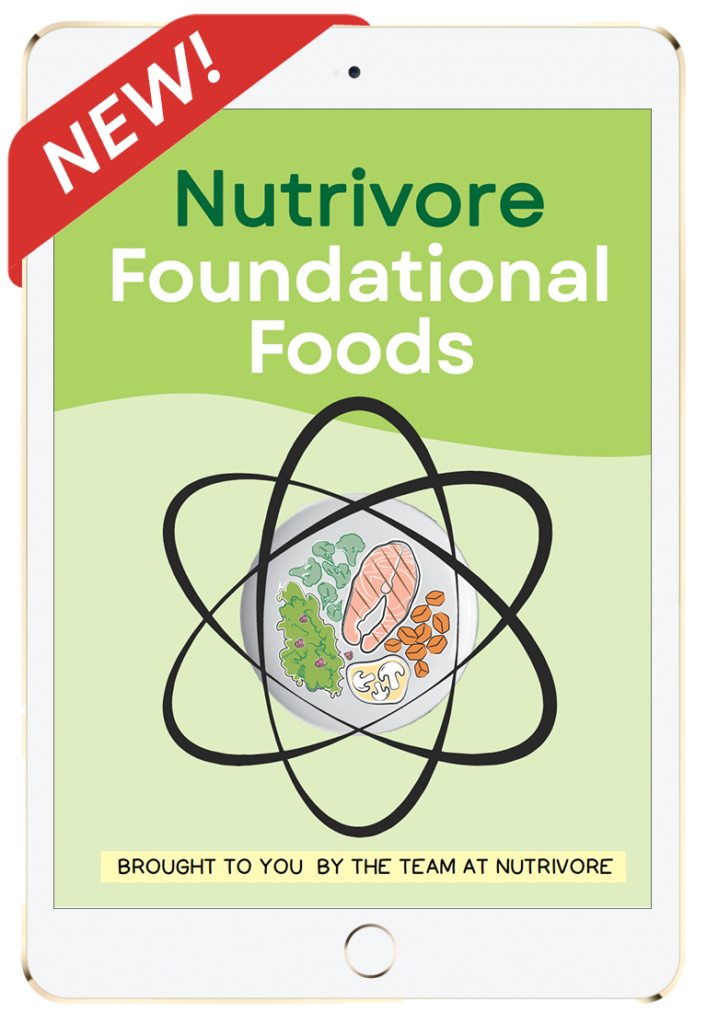
Nutrivore Foundational Foods
Learn what makes the 12 Nutrivore foundational food families nutritionally unique, their health benefits, which options are the most nutrient dense, how much of them to eat, plus various fun facts, practical pointers, and busting of common myths.
This very helpful resource will introduce you to new foods and expand your nutrition knowledge, making food choices easier!
Buy now for instant digital access.
Nutrivore Score for Chinese Broccoli – 2431
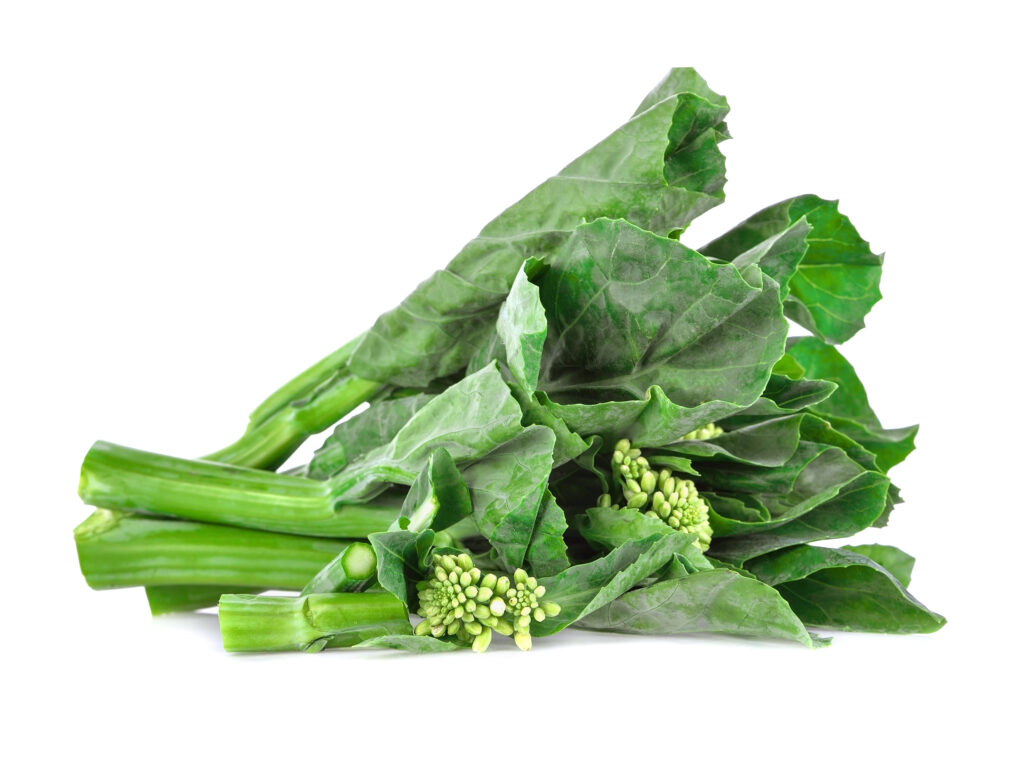
Chinese broccoli has a Nutrivore Score of 2431, making it a super nutrient-dense food! Plus, it is a low-carb and low-calorie-density food; the calorie count of Chinese broccoli is 24 calories per cup!
Per serving, Chinese broccoli is a best source (>50% daily value) of carotenoids, glucosinolates, vitamin C, and vitamin K; an excellent source (20-50% daily value) of vitamin B9 (folate); and a good source (10-20% daily value) of alpha-linolenic acid (ALA), manganese, polyphenols, and vitamin B2 (riboflavin).
Ditch Diets. Embrace Nutrients. Start with this FREE Guide.
Sign up for the free Nutrivore Newsletter, your weekly, science-backed guide to improving health through nutrient-rich foods — without dieting harder —and get the Beginner’s Guide to Nutrivore delivered straight to your inbox!

Chinese Broccoli Nutrition Facts
One serving of Chinese broccoli is standardized to 1 cup or about 91 grams (3.2 ounces). When you cook Chinese broccoli, the volume remains relatively consistent: 1 cup raw Chinese broccoli is roughly equivalent to 1 cup cooked Chinese broccoli.
Chinese Broccoli Nutrition Facts Per Serving
| Chinese broccoli, raw | Nutrivore Score: 2365 | Nutrient Density: Super! |
|---|---|---|
| Serving Size: 1 cup (91 grams) | Protein: 1.1 grams | Net Carbohydrates: 1.9 grams |
| Calories: 24 | Total Fat: 0.7 grams | Dietary Fiber: 2.4 grams |
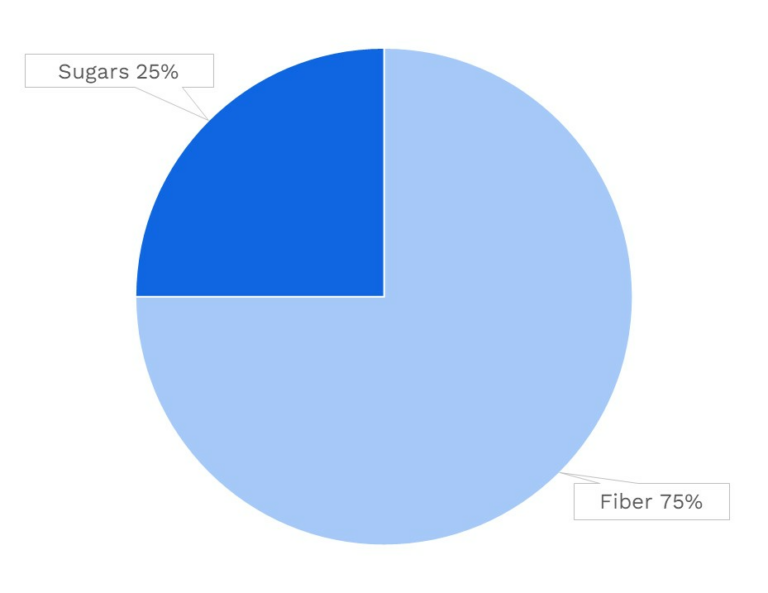
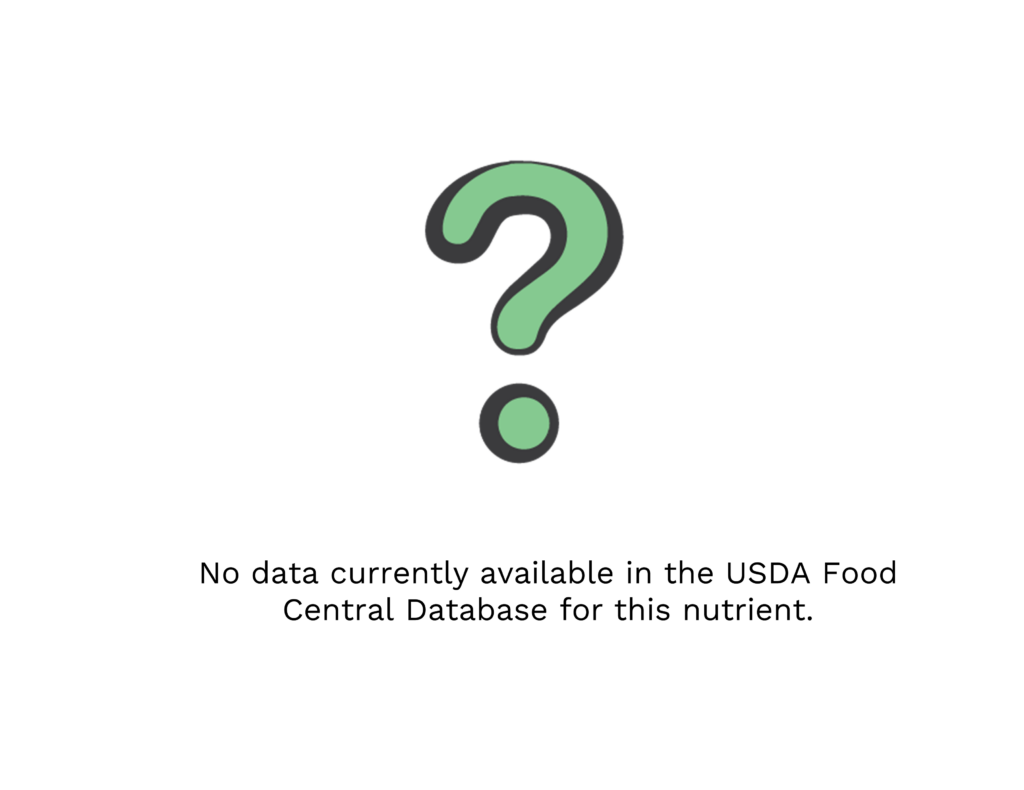
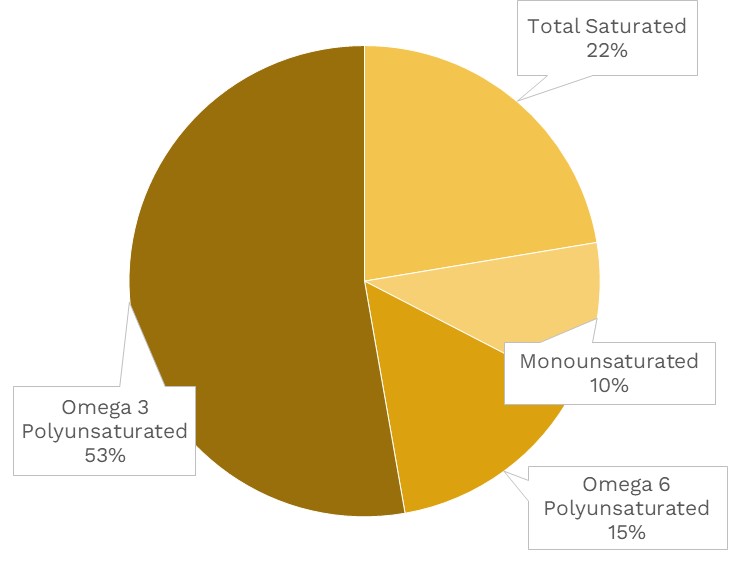
| VITAMINS | ||
|---|---|---|
| Vitamin A | 78.3 μg RAE | 9% DV |
| Vitamin B1 (Thiamin) | 91.0 μg | 8% DV |
| Vitamin B2 (Riboflavin) | 139.2 μg | 11% DV |
| Vitamin B3 (Niacin) | 0.4 mg | 3% DV |
| Vitamin B5 (Pantothenic Acid) | 0.2 mg | 3% DV |
| Vitamin B6 (Pyridoxine) | 67.3 μg | 4% DV |
| Vitamin B7 (Biotin) | ~ | ~ |
| Vitamin B9 (Folate) | 94.6 μg | 24% DV |
| Vitamin B12 (Cobalamin) | 0.0 μg | 0% DV |
| Vitamin C | 141.8 mg | 158% DV |
| Vitamin D (D2 + D3) | 0.0 μg | 0% DV |
| Vitamin E | 0.5 mg | 3% DV |
| Vitamin K | 81.1 μg | 68% DV |
| Choline | 24.1 mg | 4% DV |
| Myo-Inositol | ~ | ~ |
| CoQ10 | ~ | ~ |
| FUNCTIONAL FATS | ||
|---|---|---|
| MUFA | 0.0 g | 0% DV |
| ALA | 246.6 mg | 15% DV |
| EPA + DHA | 0.0 mg | 0% DV |
| CLA | ~ | ~ |
| Linoleic Acid | 0.1 g | 0% DV |
| MCT’s | 0.0 g | ~ |
| MINERALS | ||
|---|---|---|
| Calcium | 95.6 mg | 7% DV |
| Copper | 58.2 μg | 6% DV |
| Iodine | ~ | ~ |
| Iron | 0.5 mg | 3% DV |
| Magnesium | 17.3 mg | 4% DV |
| Manganese | 283.9 μg | 12% DV |
| Phosphorus | 39.1 mg | 3% DV |
| Potassium | 249.3 mg | 5% DV |
| Selenium | 1.3 μg | 2% DV |
| Sodium | 6.4 mg | 0% DV |
| Zinc | 0.4 mg | 3% DV |
| HYTONUTRIENTS | ||
|---|---|---|
| Carotenoids | 8881.6 μg | ~ |
| Polyphenols | 144.7 mg | ~ |
| Phytosterols | ~ | ~ |
| Glucosinolates | 54.7 mg | ~ |
| Thiosulfinates | ~ | ~ |
| Betalains | ~ | ~ |
| AMINO ACIDS & PEPTIDES | ||
|---|---|---|
| Taurine | ~ | ~ |
| Ergothioneine | ~ | ~ |
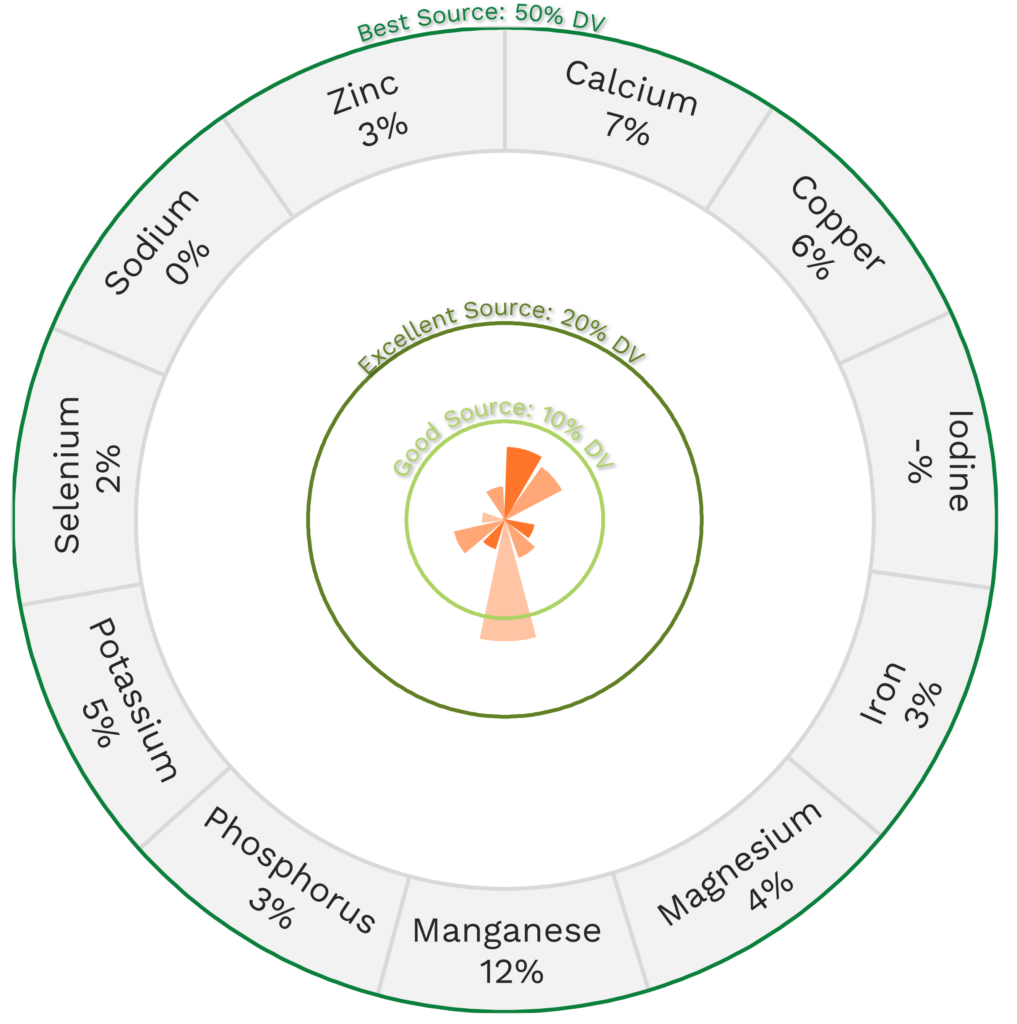
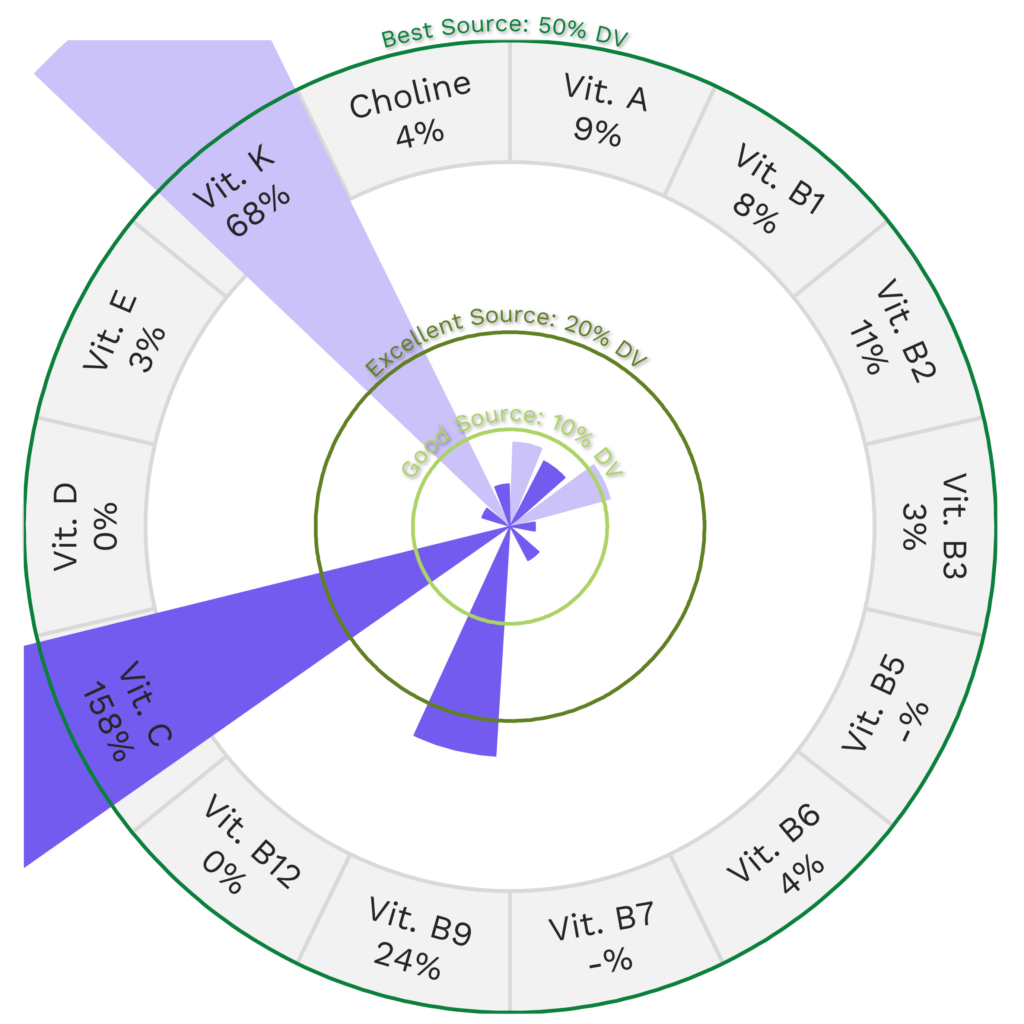
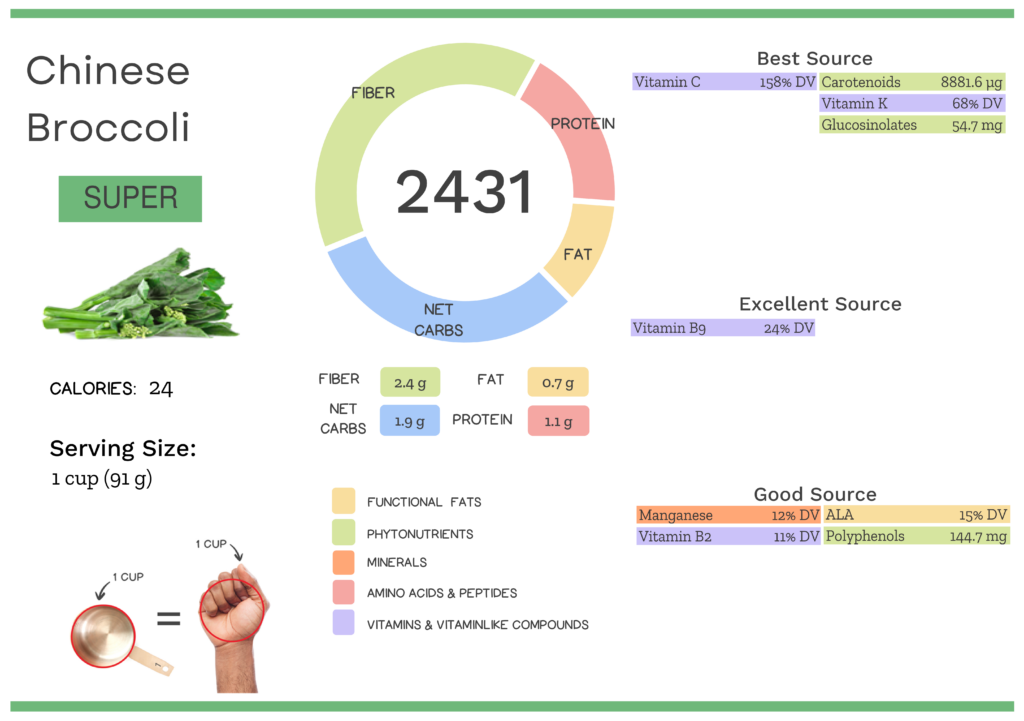
Chinese Broccoli Nutrition Varies With Cooking
The Nutrivore Score of Chinese broccoli varies based on method of preparation.
| NUTRIVORE SCORE | |
|---|---|
| Chinese broccoli, cooked | 2534 |
| Chinese broccoli, raw | 2431 |
Did all the nutrition in Chinese broccoli “wok” your world? Maybe your friends will be interested too!
Health Benefits of Chinese Broccoli Nutrients
Let’s take a closer look at all of the best and excellent source of nutrients found in a 1-cup serving of Chinese broccoli and see how they benefit our health.
Chinese Broccoli Provides 158% DV Vitamin C
Chinese broccoli is a best source of vitamin C, providing 158% of the daily value per 1-cup serving!
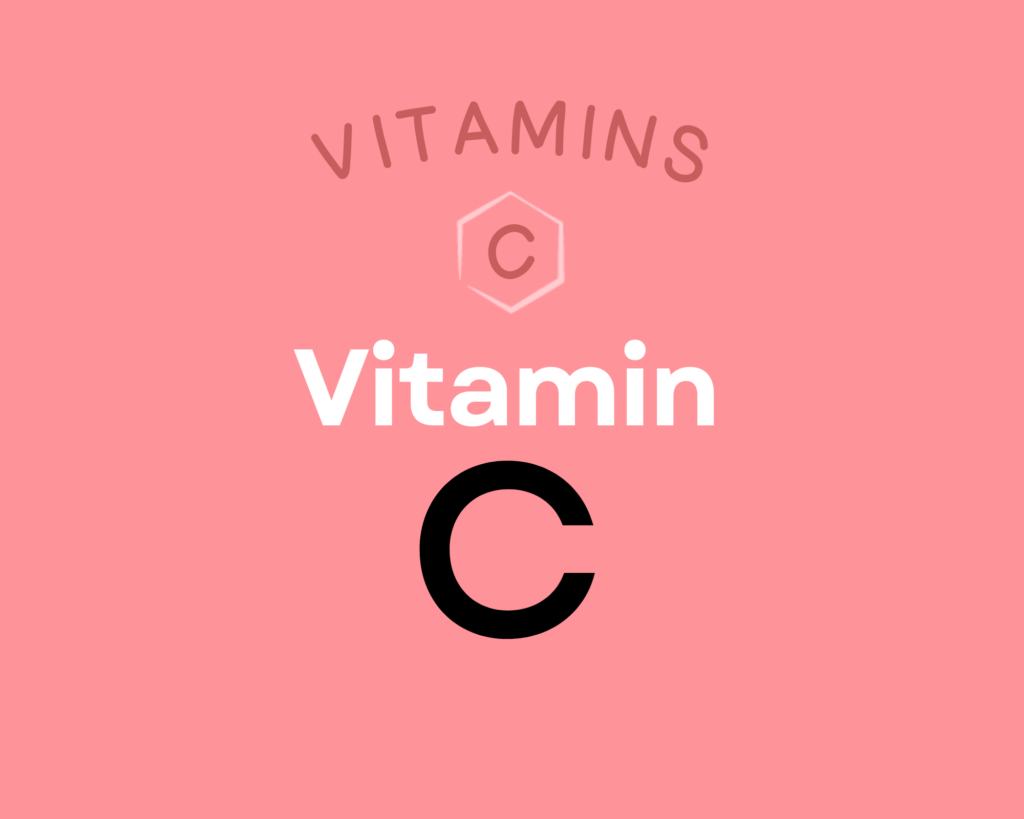
Vitamin C is a water-soluble vitamin that has powerful antioxidant properties (meaning it can help combat oxidative damage from free radicals and reactive oxygen species) and that serves as an enzyme cofactor (meaning it’s needed for enzymes to do their job, for example vitamin C is necessary for collagen synthesis, which is essential for bones, joints, teeth, blood vessels, skin and eyes) and playing important roles in immune system and skin health. Higher intakes of vitamin C are linked to reduced risk of heart disease, some forms of cancer, type 2 diabetes, cataracts, age-related macular degeneration, and gout. Vitamin C can also help regulate the stress response and reduce anxiety, and there’s preliminary evidence that it may also help prevent Alzheimer’s disease. Learn more about vitamin C here.
Chinese Broccoli Provides 8881.6 μg of Carotenoids
Chinese broccoli is also a best source of carotenoids, providing 8881.6 μg of carotenoids per 1-cup serving!
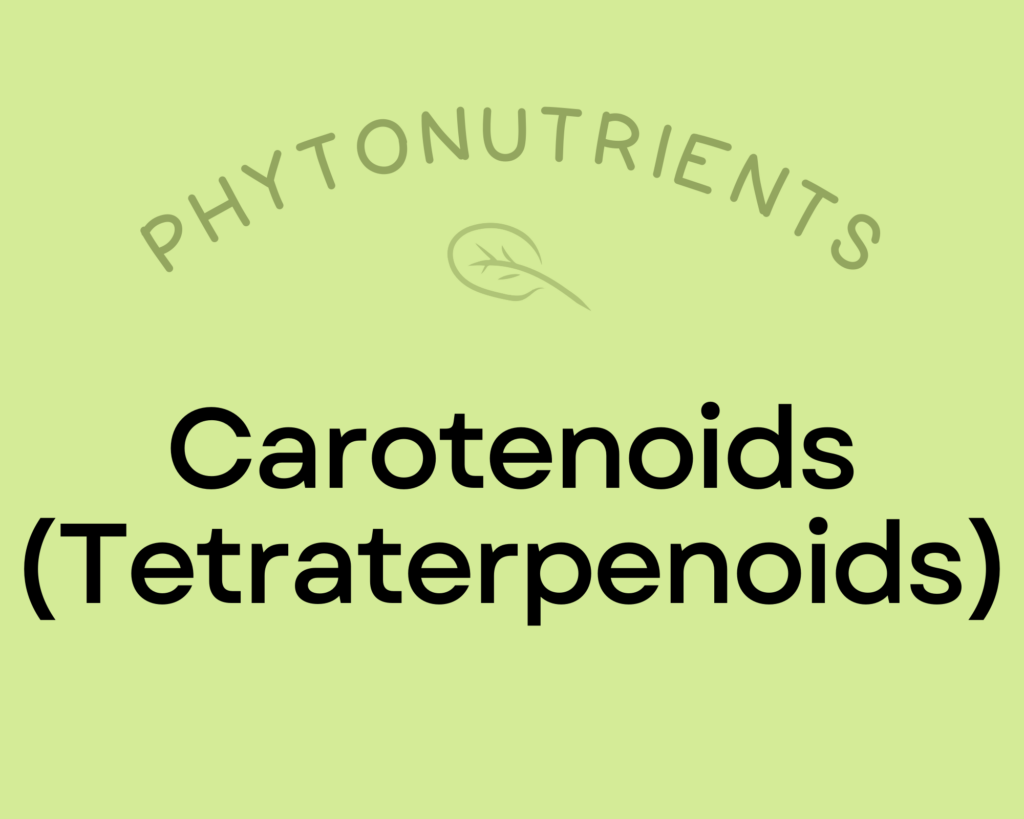
Carotenoids are a diverse group of phytonutrients that are responsible for giving fruits and vegetables vibrant red, orange, and yellow pigmentation. They were one of the earliest phytonutrients ever investigated by scientists (with research dating back to the 1800s!). Across studies, eating foods high in carotenoids appears to reduce the risk of head and neck cancers, supports vision health (particularly age-related eye diseases), may protect against metabolic syndrome and diabetes, and can reduce inflammation. Carotenoids have strong antioxidant properties, and help facilitate communication between cells by promoting the synthesis of connexin proteins, which create gap junctions in cell membranes that allow small molecules to be exchanged (which is part of how cells “talk” to each other!). Consuming carotenoids with fat significantly increases their absorption. Learn more about carotenoids here.
Chinese Broccoli Provides 54.7 mg of Glucosinolates
Chinese broccoli are a best source of glucosinolates, providing 54.7 mg of glucosinolates per 1-cup serving!
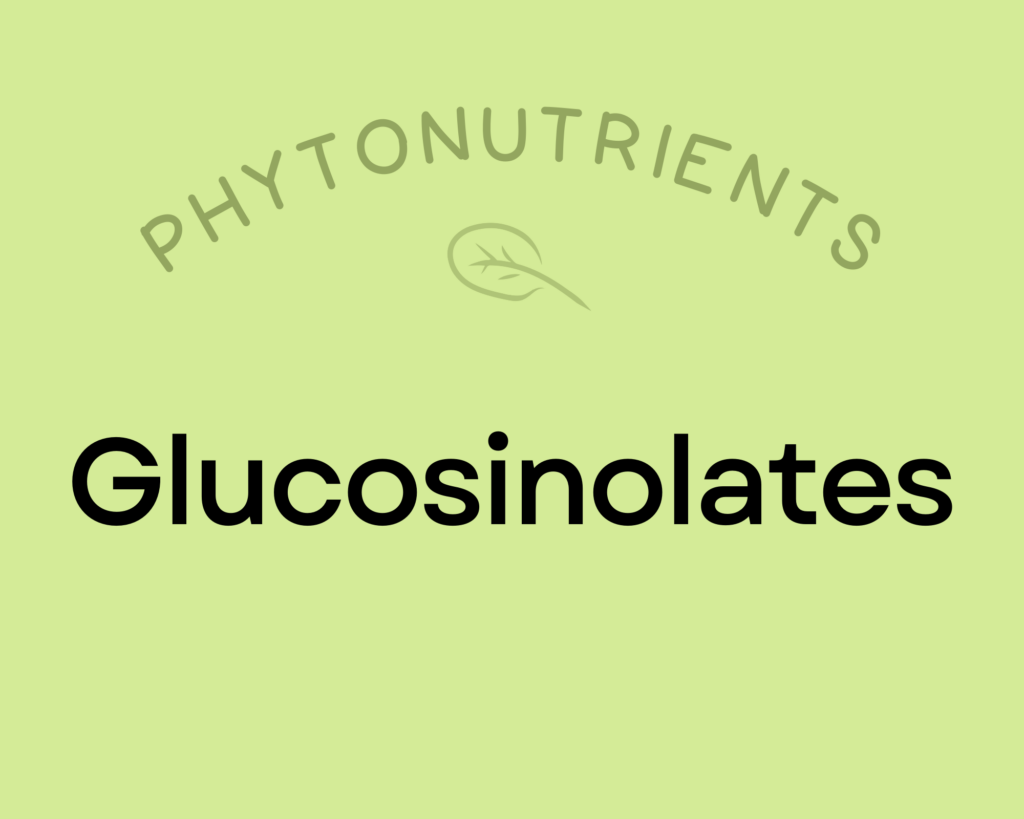
Glucosinolates are well-studied sulfur-containing compounds which break down into bioactive isothiocyanates and indoles when vegetables are damaged (via chewing, cutting, or other processing).
Isothiocyanates (like sulforaphane) are absolute rock stars as far as human health is concerned! Research spanning human epidemiology, animal models, and in vitro experiments show that dietary isothiocyanates are inversely associated with bladder cancer, lung cancer, colon cancer, breast cancer, and pancreatic cancer; some evidence also suggests they may be able to improve ventricular function following heart attacks.
Indoles also have powerful cancer prevention benefits through multiple mechanisms that include modulation of phases I and II detoxification enzymes, regulation of cell cycle arrest, control of cell growth, induction of apoptosis, antioxidant activity, anti-angiogenic effects, and epigenetic regulation. Indole-3-carbinol breaks down into 3,3′-Diindolylmethane (DIM), which is known for its anti-inflammatory, immune system modulating, cancer prevention and estrogen metabolism benefits.
Learn more about glucosinolates here.
Chinese Broccoli Provides 68% DV Vitamin K
Chinese broccoli is also a best source of vitamin K, providing 68% of the daily value per 1-cup serving!
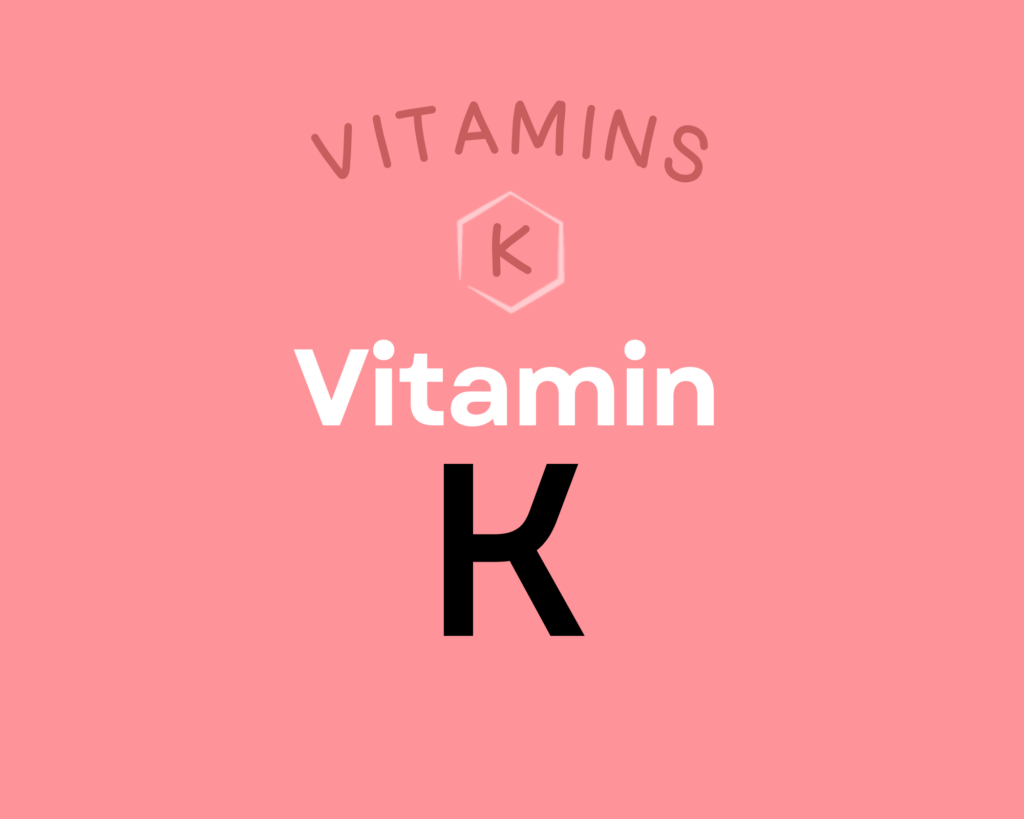
Vitamin K is actually a group of fat-soluble vitamins with a similar molecular structure, existing as K1, multiple isoforms of K2, and the synthetic form K3. This nutrient plays a vital role in coagulation, due to serving as a cofactor for proteins needed for blood clotting; it’s also essential for bone metabolism, cellular function, and the prevention of soft tissue calcification. Getting enough vitamin K2 can help protect against cardiovascular disease, may improve bone mineral density and skeletal health, and may even support endocrine function and brain health; there’s also some limited evidence it has anti-cancer and anti-inflammatory properties. Learn more about vitamin K here.
Chinese Broccoli Provides 24% DV Vitamin B9 (Folate)
Chinese broccoli is an excellent source of vitamin B9 (folate), providing 24% of the daily value per 1-cup serving!
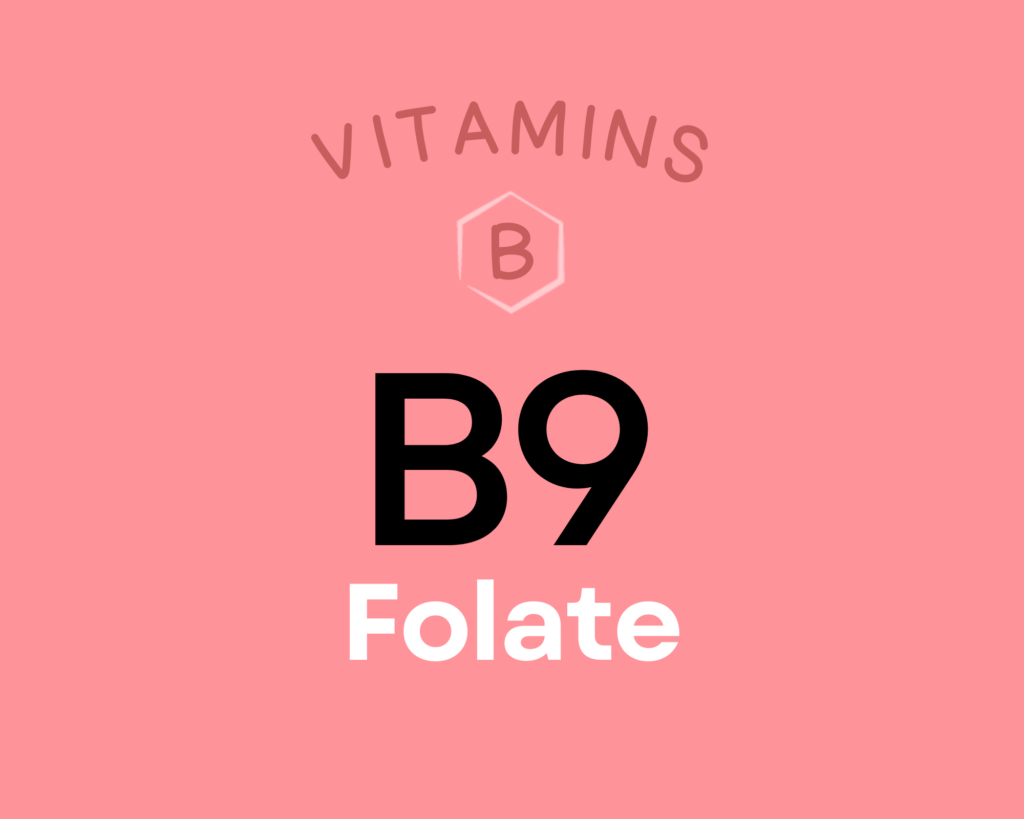
Vitamin B9 (folate) is an essential B vitamin that plays roles in blood cell production, the formation of genetic material (including DNA), and cell growth and function. It’s particularly important during pregnancy, when folate demands increase due to the rapid creation of new cells and DNA. Along with helping protect against fetal development problems, folate can support cardiovascular health, potentially protect against certain cancers, and reduce the risk of cognitive and neurological disorders later in life. Learn more about vitamin B9 here.
Learn What Foods Are the Best Sources of Every Nutrient
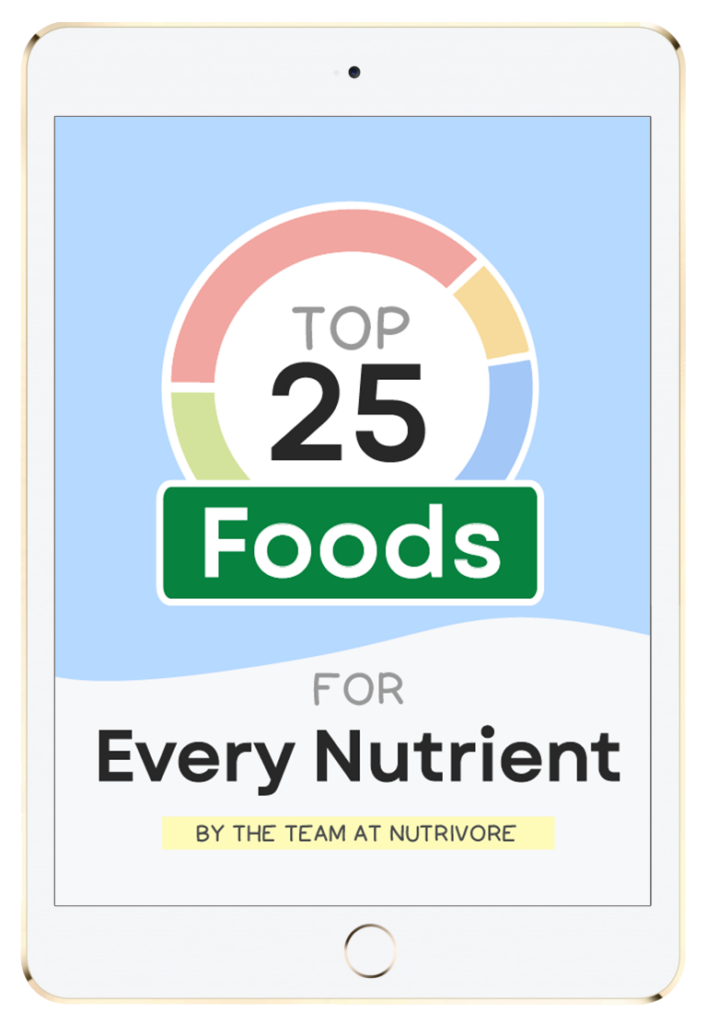
The Top 25 Foods for Every Nutrient
The Top 25 Foods for Every Nutrient e-book is a well-organized, easy-to-use, grocery store-friendly guide to help you choose foods that fit your needs of 43 important nutrients while creating a balanced nutrient-dense diet.
Get two “Top 25” food lists for each nutrient, plus you’ll find RDA charts for everyone, informative visuals, fun facts, serving sizes and the 58 foods that are Nutrient Super Stars!
Buy now for instant digital access.
How Much Chinese Broccoli Should We Eat Per Day?
You know the old aphorism, a Brassica vegetable a day keeps the doctor away! Wait, that’s not how it goes? It should be!
Every serving of fresh, whole vegetables or fruit we eat daily reduces the risk of all-cause mortality by 5% to 8%, with the greatest risk reduction seen when we consume five or more servings per day. In fact, consuming 800 grams of vegetables and fruits daily reduces all-cause mortality by 31% compared to eating less than 40 grams daily. A 2017 meta-analysis showed that 2.24 million deaths from cardiovascular disease, 660,000 deaths from cancer, and 7.8 million deaths from all causes could be avoided globally each year if everyone consumed 800 grams of veggies and fruits every day.
Eating vegetables and fruit in abundance lowers risk of cancer, cardiovascular disease, type 2 diabetes, obesity, chronic kidney disease, osteoporosis and bone fragility fractures (including hip fracture), cognitive impairment and dementia (including Alzheimer’s disease), neurodegenerative diseases, asthma, allergies, chronic obstructive pulmonary disease, age-related macular degeneration, cataracts, glaucoma, depression, ulcerative colitis and Crohn’s disease, rheumatoid arthritis, inflammatory polyarthritis, non-alcoholic fatty liver disease, acne, seborrheic dermatitis, and lowers markers of inflammation. Learn more in Importance of Vegetables and Fruit.
Covering half of your plate with a variety of vegetables (and three quarters of your plate if your starchy food is a root vegetable or winter squash) at each meal is a simple way to easily achieve the goal of 5 or more servings of vegetables daily.
Studies show that, for every 100 grams of cruciferous veggies (like Chinese broccoli), we eat daily, all-cause mortality decreases by 24%!
It’s always best to mix up the veggies you eat day to day (aiming for a wide variety of different vegetables and fruits throughout the week), and Chinese broccoli definitely has a place at the table.
Easily track your servings of Nutrivore Foundational Foods!
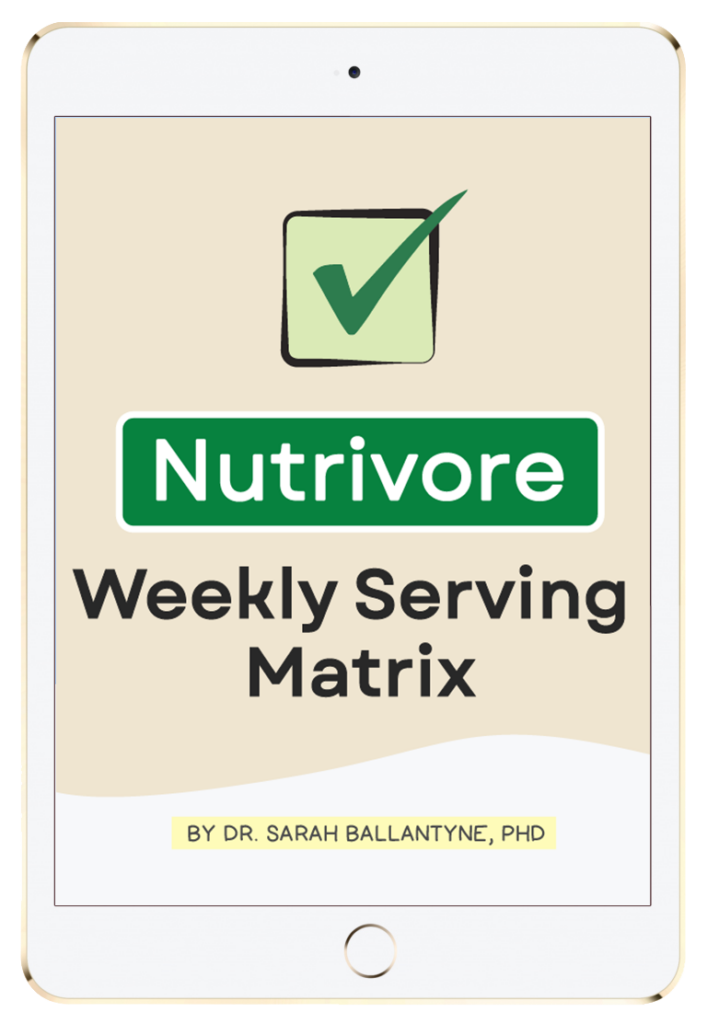
The Nutrivore Weekly Serving Matrix
The Nutrivore Weekly Serving Matrix digital resource is an easy-to-use and flexible weekly checklist designed to help you maximize nutrient-density and meet serving suggestions of Nutrivore foundational foods, all without having to weigh or measure your foods!
Includes a 22-page instructional guide and downloadable interactive guides.
Buy now for instant digital access.
cITATIONS
Expand to see all scientific references for this article.
Chang J, Wang M, Jian Y, Zhang F, Zhu J, Wang Q, Sun B. Health-promoting phytochemicals and antioxidant capacity in different organs from six varieties of Chinese kale. Sci Rep. 2019 Dec 30;9(1):20344. doi: 10.1038/s41598-019-56671-w. PMID: 31889076; PMCID: PMC6937318.
Pattanachatchai N, Sumhirun S, Promatar P, Sompen N. Effects of cultivated practices on the growth, phenolic content,
antioxidant activity and Ca content of Chinese kale (Brassica oleracea L. var. alboglabra). International Journal of Agricultural Technology. 2021. Vol.17(3):1015-1026. ISSN 2630-0192. http://www.ijat-aatsea.com
USDA Food Central Database: Broccoli, chinese, cooked
USDA Food Central Database: Broccoli, chinese, raw


